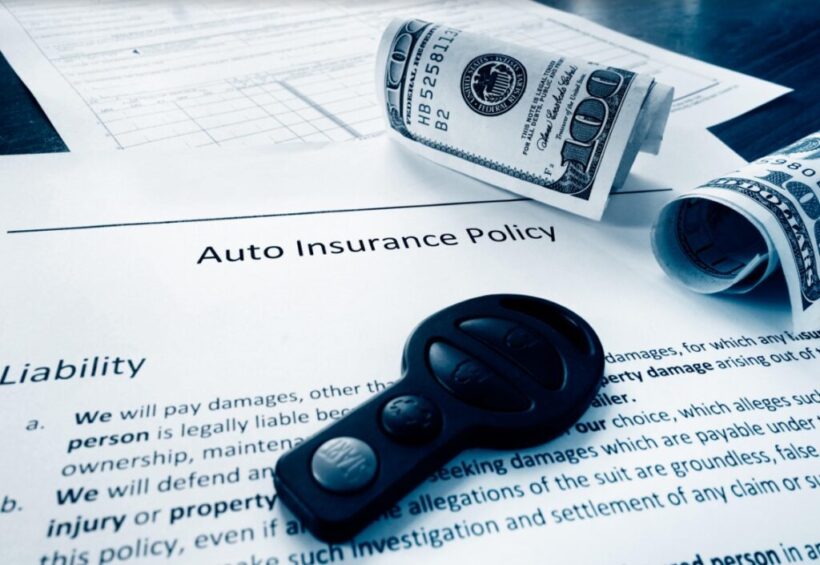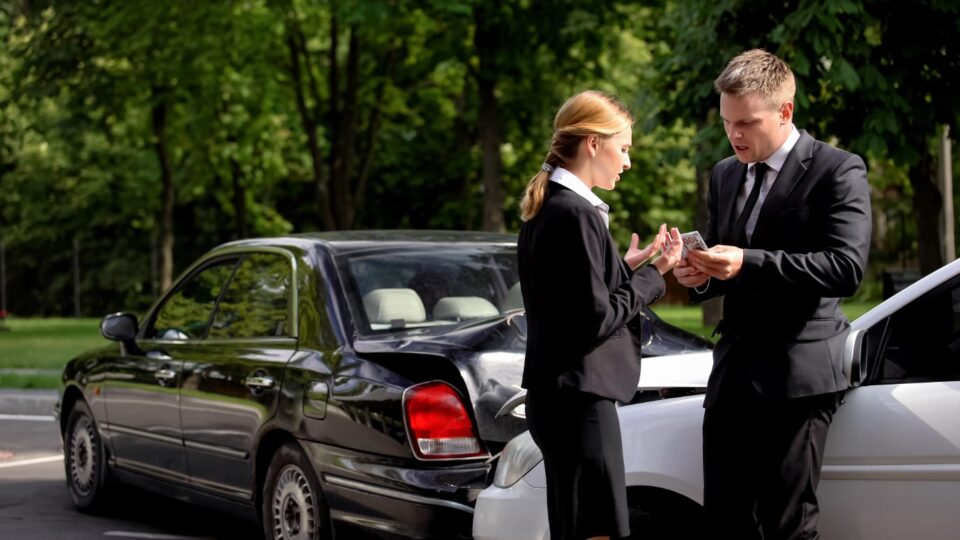In a car accident, a victim may be eligible for compensation through damages and insurance claims. Without a careful approach, however, they may fail to recover the full amount necessary to cover the damages incurred.
When getting the right amount of settlement, there are several legal steps to take. As a claimant, you need to gather sufficient evidence to prove the negligence of the party at fault, assess the full scope of the damages, and sometimes walk away from the negotiation table to gain an objective perspective.
To have a clearer view of the steps you need to take, let’s dive into the details.
Hiring The Right Car Accident Lawyer

Getting an experienced car accident lawyer, such as Sattler Law Group, is crucial. Unless the damages are minimal and the fault is clear, a lawyer with experience in car accident claims can help navigate the complexities of the legal system. They can help you build a strong case, negotiate on your behalf, and represent you if the case goes to court.
Experienced lawyers are always familiar with the tactics that insurers use to under-value claims, and not having a lawyer can put you at a disadvantage.
Once you’ve chosen the right lawyer, maintain consistent communication. A good lawyer should keep you informed about the proceedings of your case and help you understand your case. Transparent and regular communication keeps you engaged and builds your confidence in their approach to your case.
Understanding Your Rights And Entitlements
It’s always important to understand your rights after a car accident. This ensures that you receive the settlement and the support you’re entitled to. Some of your legal rights after an accident include the right to file an insurance claim with your insurer or the at-fault party’s insurer, the right to seek legal counsel, and the right to privacy when dealing with insurance companies and legal representatives.
These fundamental rights allow you to seek compensation for damages and losses caused by the accident. Additionally, you’re not obligated to sign any documents or reveal any information without proper legal advice. This helps to protect you from incriminating yourself or contracting any statement that may affect the settlement you’re entitled to.
Finally, you should understand the common entitlements resulting from the accident. The most common one is the medical expenses compensation that covers the cost you’ll incur as a result of the accident. You can also claim compensation for lost wages if the accident led to time off work either to recover or for medical appointments. Knowing these rights can help you maximize your settlement to get enough coverage after an accident.
Gathering Evidence To Strengthen Your Case

Evidence from the accident scene is key to building a solid claim. The most suitable time to gather is immediately after the accident. This will allow you to gather vital information that can portray an accurate picture of what happened in the scene. The evidence forms the foundation of your claim, helping to establish the facts and assign liability accurately.
Some of the relevant pieces of evidence to collect are the following:
- Police reports to provide an official account of the accident
- Photographs of the scene, vehicles, and injuries to show the extent of the damage
- Witness statements, if any, which can elaborate on the events
- Medical records detailing the extent of injuries and the required treatment
Each piece of evidence provides a comprehensive picture of the incident and can help strengthen your case and maximize your settlement.
Understanding The Types Of Damages
Damages are categorized as economic and non-economic. Economic damages are tangible losses with specific monetary values, while non-economic damages cover intangible losses.
Economic damages are financial losses, such as medical costs, lost wages, and property damage. On the other hand, non-economic damages—such as discomfort, psychological distress, shame, and reputational damage—are unquantifiable.
Accurately assessing the full extent of your damages is vital in maximizing compensation. This includes immediate losses and future impacts of the accident, ensuring the settlement covers all aspects of the harm suffered.
Crafting A Compelling Demand Letter

A demand letter is a formal document sent to the insurance company or the at-fault party, initiating settlement negotiations. It lays out the facts of the accident, establishes the other party’s liability, and demands compensation for the damages incurred.
Critical components of an effective demand letter include a clear statement of the facts of the accident and the establishment of the other party’s liability. It should itemize and quantify damages. The letter should conclude with a specific settlement amount, supported by the evidence and legal arguments assembled, making a solid case for the compensation you seek.
Negotiating The Settlement
Negotiations are inherently a two-way street involving compromise and concession. Recognizing the necessity for a just compromise is crucial for achieving a better settlement.
Don’t rush into a settlement. Insurance companies may pressure you to settle quickly with an initial offer below the rightful compensation. Remaining patient and allowing the negotiation process to unfold naturally increases the likelihood of achieving a more favorable outcome.
Moreover, you should always have an experienced car accident lawyer for expert guidance and representation throughout the negotiation process. They understand personal injury law, negotiation strategies, and the tactics used by insurance companies. They can effectively advocate for your rights and increase the settlement amount.
When negotiating, here are some tips to consider.
- Anchoring Your Position With A High Demand: Starting with a higher demand sets the tone for negotiations and demonstrates your confidence in the value of your claim.
- Actively Listening To The Insurer’s Offer: Carefully consider the insurer’s counteroffer and assess whether it aligns with your expectations.
- Being Prepared To Walk Away: Leave the negotiation table if the insurer’s offer doesn’t meet your expectations. You should not settle for an unfair amount, which may compel the insurer to reconsider their position in the case.
It’s important to note that while you may be willing to compromise in a negotiation, always uphold your core demands.
Conclusion
Securing a fair car settlement should be a priority once you’ve been involved in a car accident that wasn’t your fault. But you should know that the amount of compensation you’ll get depends on how best you can prove your case. Follow the strategies discussed here, work with your attorney, and know when to compromise or walk off the negotiating table.

